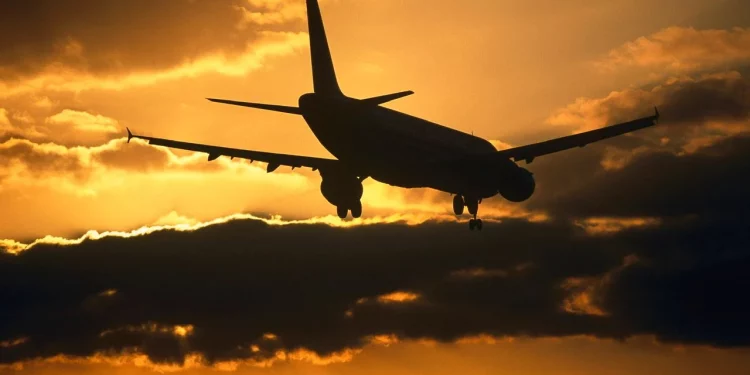French regulator claims Russia is jamming commercial aircraft satellite navigation
According to France’s civil aviation authority (DGAC), Russian military equipment used to guard against GPS-guided missiles is to blame for issues with commercial satellite navigation near Finland, which have been ongoing since early March.
Speaking to Bloomberg, Head of Satellite Navigation at DGAC, Benoit Roturier, noted that while there have been no severe in-flight incidents due to backup measures, pilots experiencing an episode must deal with cockpit alerts that can become distracting. Roturier added:
“I don’t think the goal is to jam civil aviation at this stage, that is collateral damage. All of Europe needs to prepare contingency plans for when these satellite systems are lost. For some countries closer to the front, who may be less advanced in putting in place contingency plans, the current situation has served to highlight the need. It’s a wake-up call.”
Some regional flights over the Baltic Sea were suspended for a week following GPS issues in early March. Photo: Finnair
Previous interference
The incident is not the first of its kind; in 2018, 60 airlines reported hundreds of partial or complete losses of satellite navigation systems, coinciding with a large-scale NATO exercise in Northern Norway, as reported by the BBC. Roturier attributes Russia to the 2018 incidents as part of military support for Syria.
The Organization for Security and Cooperation in Europe (OSCE) also warned of GPS interference in the region in April 2021 following the failed take-off of an unmanned aerial vehicle (UAVs) from a military base in Stepanivka on April 6. Addressed in a statement, OSCE had experienced increasing levels of GPS interference since March 21, impairing the safe operations of its UAVs.
Last month, the European Union Aviation Safety Agency published a safety information bulletin that warned of an increase in the probability of issues with commercial GNSS and GPS systems in areas surrounding the conflict zone.
Finnish flag-carrier Finnair noted issues over the Baltic Sea near Kaliningrad on March 9, shortly following the Russian invasion of Ukraine. According to Euronews, the incident was severe enough for Finnish Traficom to issue a NOTAM, warning pilots of potential risks in the region, though it was withdrawn on March 14.
The incident has highlighted the need for new GPS and GNSS alternatives to prevent future, large-scale incidents.
Alternative systems
The jamming of commercial satellite systems has highlighted the need for stronger alternatives to GPS and GNSS. Currently, the aviation industry uses one GPS frequency for satellite navigation; however, back-ups are available for when signals are lost.
Inertial Reference Systems uses accelerometers to determine a plane’s distance since takeoff, though it is not standard on smaller aircraft. Notably, flights in Eastern Finland were canceled after small, regional aircraft could not operate the Helsinki and Savonlinna route for over a week due to GPS issues.
The recent incidents have sparked a discussion among aviation regulators about the impact a large-scale incident could have on airspace outside of conflict zones, coming as the European Union pushes towards increasing reliance on satellite navigation technology. Roturier warned:
“In France, a strong military-jamming event using one truck could cut out a quarter of French skies. This is what is worrisome for civil aviation. Large areas can be affected outside of conflict zones.”








